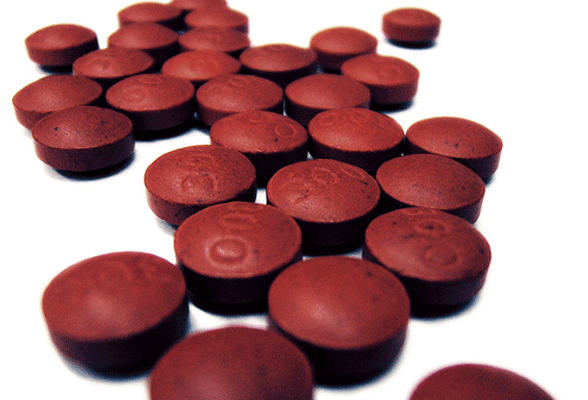Nutrition
What Iron Overload can do to Your Health?
Iron is an essential element that gives myriads of health benefit. Starting from blood formation to cell reproduction and strengthening the immune system, iron justifies good health at all levels.
It acts as a coenzyme, meaning activates other enzymes.
We are aware of iron deficiency and its consequence, aren’t we?
According to the nutritionists, toddlers must take in 10 milligrams of iron every day.
An adult should consume 8 milligrams of iron, whereas, women at the age of 19-50 need more iron than men, due to periods and pregnancy, which is approximately 18 milligram.
However, the excess of iron content in the body is way more harmful.
Iron is toxic in nature, so much so that, the additional iron deposit can poison your organs like heart, liver and pancreas.
When does the alarm ring?
Initial signs of iron poisoning are stomach pain, nausea and vomiting.
At severity, iron overload causes heart disease or heart failure, degeneration of bone, joint pain, liver failure, rapid ageing, diabetics, etc.
Yes, even the symptoms are dreadful.
 The serious case of Iron overload
The serious case of Iron overload
Most people suffer from iron deficiency while excessive iron is a rare condition.
However, people with genetically susceptible to excessive absorption of iron from the digestive tract belong to this rare category.
Commonly acknowledged diseases due to iron overload disorder are hereditary hemochromatosis – accumulation of too much iron in tissues and organs.
If unresolved, this can lead to arthritis, cancer, liver problems, diabetes and heart failure.
Both excess contents of iron, as well as iron deficiency, slows down the immune system, people suffering from iron disorder are more susceptible to infection.
Also, iron overdoes kindles the growth of bacteria and viruses, thereby, increasing the risk of infections.
People having hereditary hemochromatosis are more exposed to infections.
According to a few observational studies, high intake of heme iron elevates the risk of colon cancer.
Heme iron from supplements or red meat upsurges the formation of a cancer-causing agent, N-nitroso in the digestive system.
The only way to excrete extra iron is blood loss. Hence, menstruating women are less prone to iron overload. Also, frequent blood donation can lower the risk to great extent.
Apart from the bloodshed, avoid eating iron-rich foods, such as red meat and vitamin C with foods that are rich in iron. Do not use iron cookware to cook.
Also, Read Why Butter Is Good For Your Health?

 The serious case of Iron overload
The serious case of Iron overload